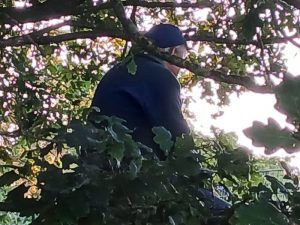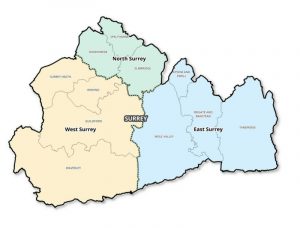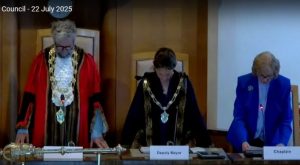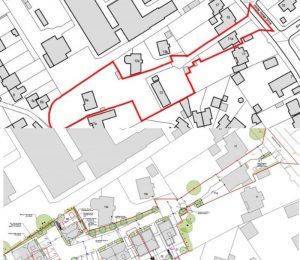A lifelong supporter of Epsom & Ewell Football Club has taken to watching matches from a nearby tree after receiving what he describes as an “unwarranted” lifetime ban from the club’s ground.
Richard Lambert, 58, has followed the ninth-tier side for nearly 44 years. The ban was imposed in January following a long-running series of disputes with the club’s committee.
Mr Lambert told the BBC he believes the suspension was triggered after he altered the name of his personal X (formerly Twitter) account to appear as if it were the club’s official account. He has been a frequent critic of the club’s management on social media and on his personal website, with some posts directed at individual committee members.
Since April, the BBC says it has approached Epsom & Ewell three times for details about the ban. The club has declined to discuss the matter beyond stating: “We have had a number of issues with this supporter over the years. We do not want to discuss this any further. The matter has been dealt with.”
A letter from the club to Mr Lambert, seen by the BBC, cites only a breach of a previous agreement over use of social media. It referred to an “indefinite” ban, but the club has since told the BBC it is now for life. Mr Lambert says he has not been officially informed of this change.
Mr Lambert, who first attended a match as a 15-year-old in 1981, has served as the club’s historian for two decades, producing statistical archives and match reports. “All I want to do is see my team play,” he said, “but I also want to see the culture at our club change towards valuing its supporters.”
Lifetime bans from football stadiums are rare and generally imposed only for serious offences or criminal acts, which is not alleged in this case. Clubs, however, are entitled to refuse entry to anyone without giving a reason.
The Football Supporters’ Association told the BBC it had attempted to mediate between Mr Lambert and the club but received no response from the club’s committee. “At non-league level, fans are the lifeblood of the game,” said the FSA’s Garreth Cummins. “In a situation like this, we don’t see that either side is winning.”
Mr Lambert initially watched games from outside the perimeter fence but says that after the club stationed security to move him on, he began climbing a tree for a better view. He ended last season 30ft up overlooking King George’s Field in Surbiton. This season, the Salts have returned to Leg O’Mutton Field in Cobham, sharing with Cobham FC, and Mr Lambert has found a lower tree with a full view of the pitch.
Founded in 1918 as Epsom Juniors, Epsom & Ewell’s greatest moment came in 1975 when they reached the inaugural FA Vase final at Wembley, losing 2–1 to Hoddesdon Town. Last season they lifted the Southern Combination Challenge Cup, defeating Abbey Rangers 1–0 in the final. The Salts averaged around 90 spectators at home league matches in 2024–25.
“If the ban stays in place for life,” Mr Lambert told the BBC, “then I’ll be climbing this tree for the rest of my life – or at least for as long as I’m physically able to.”
Richard Lambert sitting in a tree looking on to the pitch where Epsom & Ewell play, with his back to the camera and the pitch in the background











